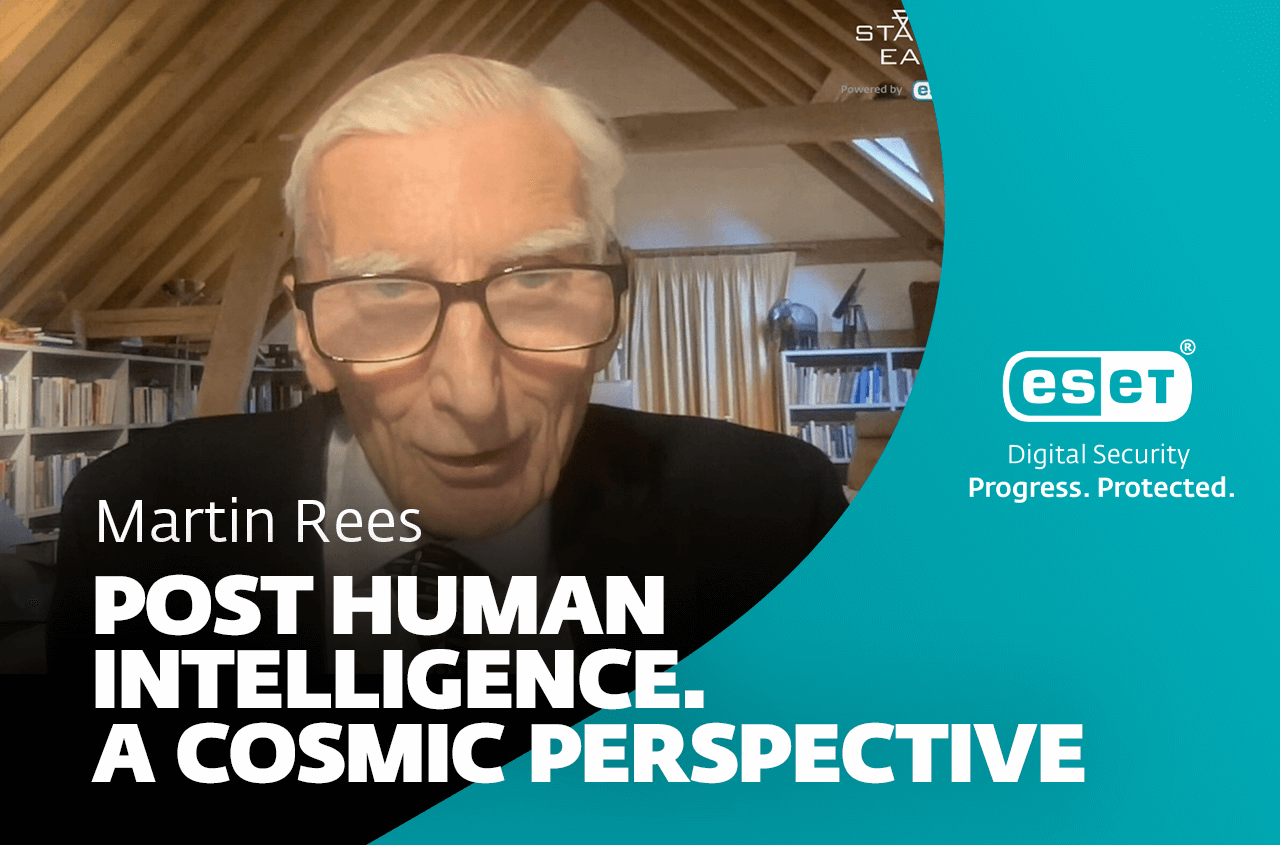In a recent lecture by renowned astrophysicist Martin Rees, the discussion delved into the evolving role of humans in space exploration and the potential next steps in the grand narrative of evolution. Drawing on a combination of scientific insight and philosophical depth, Rees challenged the audience to contemplate the future of space exploration beyond our current capabilities.
Reflecting on the progress of space flights over the past few decades, Rees posited that advancements in robotics and miniaturization have significantly reduced the necessity for human presence in space exploration. The increasing efficiency and resilience of machines make them well-suited for tasks once believed to require human intervention, such as exploring distant planets and moons. As a result, Rees suggests that robotic missions should take precedence over human space travel, which could be reserved for private ventures focused on providing thrill-seeking opportunities.
One key theme that emerged from Rees’s discussion is the idea of humans as a transitional phase in the larger evolutionary trajectory of the cosmos. Are we merely a stepping stone towards something greater in the grand scheme of the universe? This concept of the post-human era invites contemplation about humanity’s role in shaping the future of the cosmos.
By emphasizing the importance of curiosity and reflection within the bounds of physics and cosmological principles, Rees’s talk sparked engaging conversations about the intersection of science and philosophy. The talk urged listeners to consider the implications of advancing technology on our understanding of the universe and our place within it.
Furthermore, ESET, a company dedicated to promoting scientific innovation, has partnered with Starmus, a global science communication festival, to support groundbreaking research and connect with leading thinkers in the fields of technology and science. Through initiatives like the 7th edition of Starmus held in Bratislava, Slovakia in May 2024, ESET aims to inspire a deep appreciation for science and demonstrate how technology can address pressing global challenges.
As the discourse on the future of space exploration continues to evolve, it is clear that the integration of robotics and artificial intelligence will play a crucial role in shaping the next phase of human involvement in space. With the prospect of private ventures catering to space enthusiasts and the ongoing quest to understand our place in the universe, the journey towards the post-human era promises to be both fascinating and full of possibilities.


